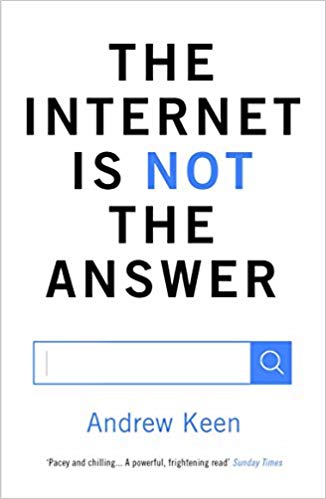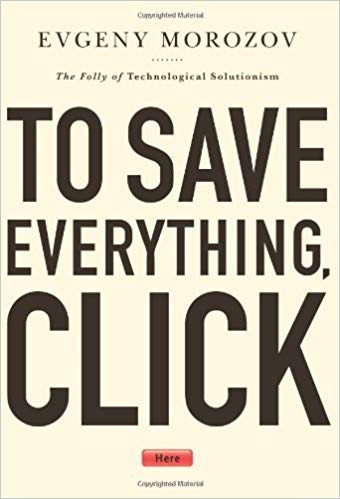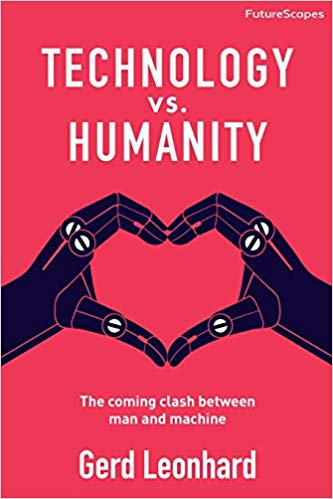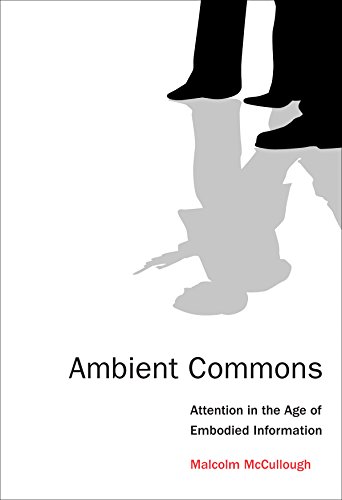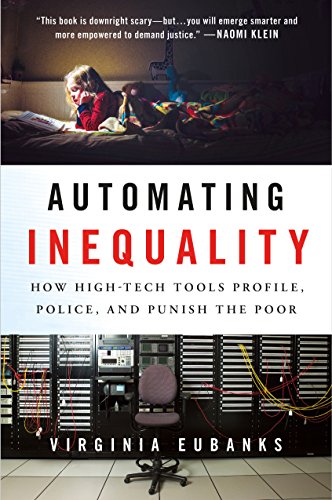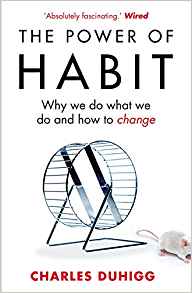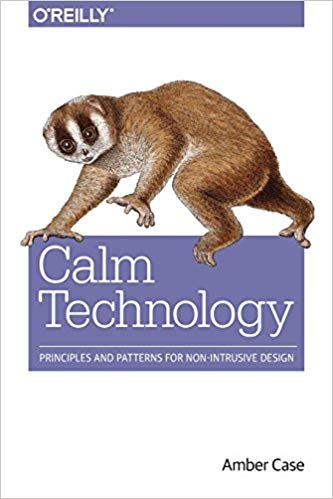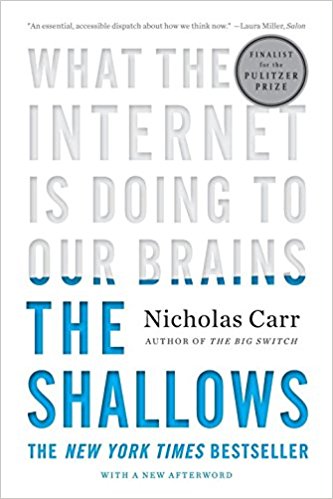Andrew Keen
The Internet is Not the Answer 
The creation of the World Wide Web in 1989, through the waves of start-ups and the rise of the big data companies to the increasing attempts to monetize almost every human activity,
We continuously hand-pick the most valuable resources on technology and how it influences us.
Leave comments and suggest new assets to add to our library.
The creation of the World Wide Web in 1989, through the waves of start-ups and the rise of the big data companies to the increasing attempts to monetize almost every human activity,
Technology, Evgeny Morozov proposes, can be a force for improvement—but only if we keep solutionism in check and learn to appreciate the imperfections of liberal democracy.
Futurist Gerd Leonhard breaks new ground again by bringing together mankind’s urge to upgrade and automate everything—down to human biology itself—with our timeless quest for freedom and happiness.
The world is filling with ever more kinds of media, in ever more contexts and formats. Glowing rectangles have become part of the scene; screens, large and small, appear everywhere.
Are you constantly online? Or are you offline sometimes? Are you offline if you are not interacting with your connected devices? Or if no data about you is being collected?
Most people have something that gnaws at them at night, a mess or unrealized dream somewhere in their lives that causes them to feel stuck, out of control, overwhelmed, incomplete, and dissatisfied.
Since the dawn of the digital age, decision-making in finance, employment, politics, health and human services has undergone revolutionary change. While we all live under this new regime of data.
The Power of Habit makes an exhilarating case: the key to almost any door in life is instilling the right habit. From exercise to weight loss, childrearing to productivity.
How can we use technology as tools instead of letting our technology use us?This book explores the concept of calm technology, a method for smoothly capturing the user’s attention only when necessary,
Send your ideas, articles, books, or people you think should be featured here
“Is Google making us stupid?” When Nicholas Carr posed that question, in a celebrated Atlantic Monthlycover story, he tapped into a well of anxiety about how the Internet is changing us.
